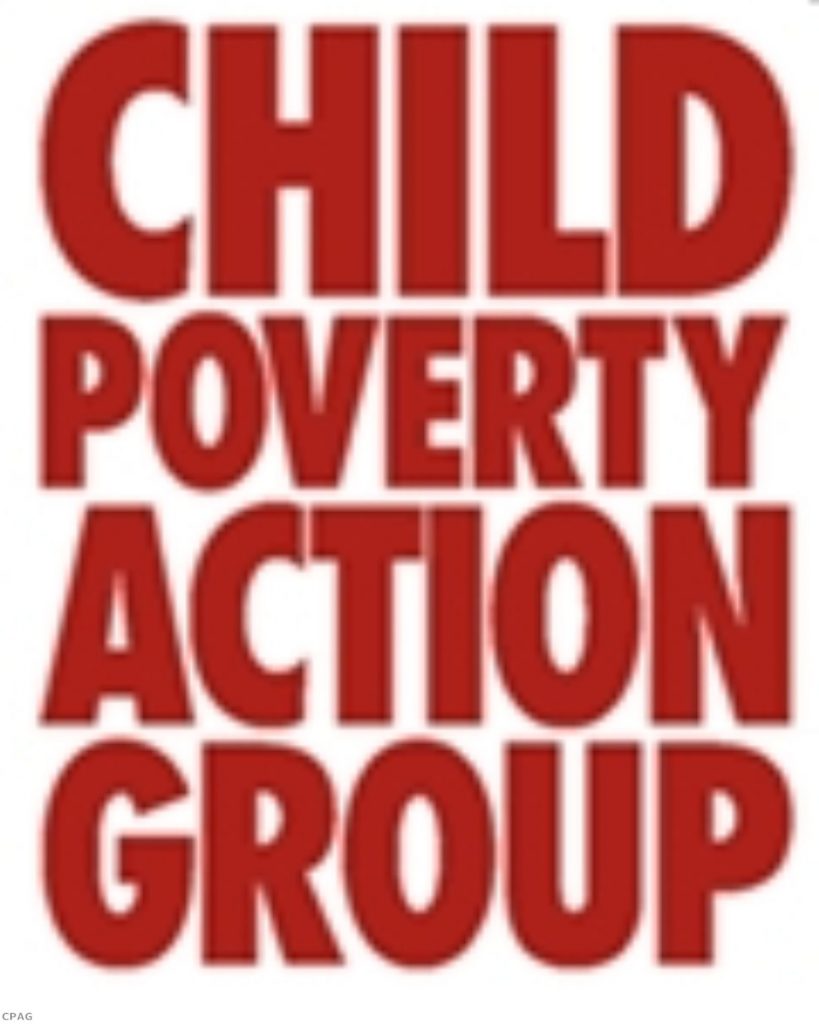CPAG: Coalition policies to push 600,000 children into absolute poverty by 2015
New analysis for Child Poverty Action Group by Landman Economics has found that an increase of 600,000 children in absolute child poverty is likely between 2010 and 2015.
The analysis is made on the basis of the Coalition tax and benefit spending policies implemented since 2010, and currently planned to be implemented up to 2015. It is net of any improvements to child poverty from Universal Credit.
A Freedom of Information request by Child Poverty Action Group has also revealed for the first time new information about the child poverty impacts of the Welfare Benefits Uprating Bill:
· It will push 200,000 children into absolute poverty (previous impact assessment was only given for relative poverty)
· The government has failed to make any assessment of the impact of the bill on (1) material deprivation of children, and (2) persistent poverty of children (the government has targets for both these measures under the Child Poverty Act)
Members of the House of Lords will vote on Tuesday 19th March on whether to exempt children’s benefits from the 1% uprating cap.
Imran Hussain, Head of Policy, Child Poverty Action Group, said:
“These alarming figures reveal that not only are the poorest families in the country being left behind compared to everyone else, but also that their living standards are going into reverse as they struggle to absorb the impact of wave after wave of policy decisions that hit families with children the hardest.
“This is not just about pace and scale of cuts, it boils down to ensuring that our children are not on the frontline of austerity.
“Spending cuts pushing families and children into poverty are part of what’s holding back the economy. This is because low income families spend their money straight away in their local shops and services, helping struggling businesses to survive.
“With the economy still stagnant, it is time to look at how helping families might also help the economy. Ministers should start by accepting the amendment to the welfare benefits uprating bill so that children’s benefits and tax credits can keep up with rising prices.
“The Budget provides an important opportunity for Ministers to do more to help families. It’s fair pay, affordable childcare, affordable homes and full employment that is needed by families if we are to make progress ending poverty and getting the economy growing strongly again.”
ENDS
Notes to Editors
· A spread sheet with the full analysis of projected absolute child poverty increases is attached with the email distribution of this release. It shows an increase of 593,055 children (rounded to 600,000 for headline reporting). The main figures are highlighted in yellow. Figures showing the change that exclude the effect of Universal Credit are shown in green. The analysis also shows increases expected for different age ranges of children and difference household compositions.
· A copy of the FOI response is distributed with this release, which includes highlights and comments to mark out the key sections with new information that has not been previously published or reported.
· A vote on the exemption of children’s benefits and tax credits from the 1% uprating cap is expected in the House of Lords on the evening of Tuesday 19th March 2013.
· The government has 4 targets under the Child Poverty Act for reductions to (1) relative low income poverty, (2) material deprivation and low income poverty, (3) absolute low income poverty, and (4) persistent low income poverty.
· CPAG is the leading charity campaigning for the abolition of child poverty in the UK and for a better deal for low-income families and children.
· CPAG is the host organisation for the Campaign to End Child Poverty, which has over 150 member organisations and is campaigning for public and political commitment to ensure the goal of ending child poverty by 2020 is met.
· For more information Landman Economics: http://www.landman-economics.co.uk/
For further information please contact:
Tim Nichols
CPAG Press Officer
Tel. 020 7812 5216 or 07816 909302





-01.png)